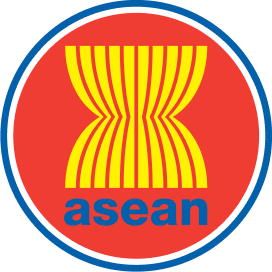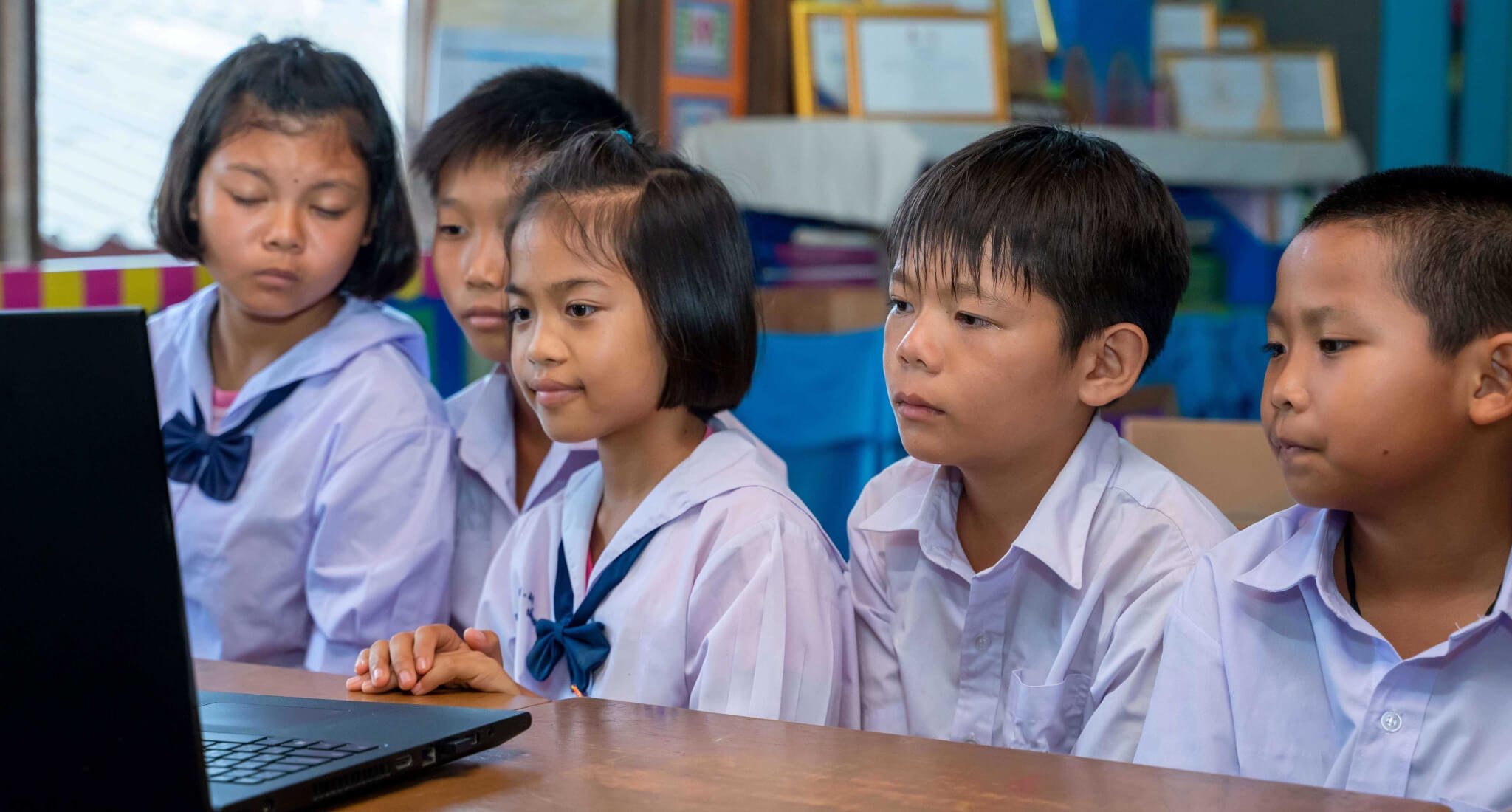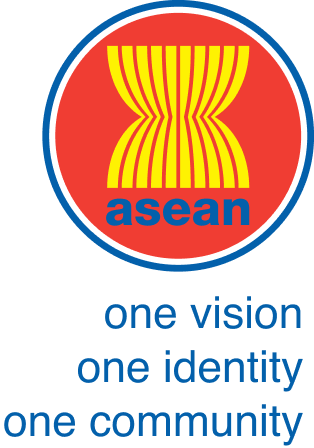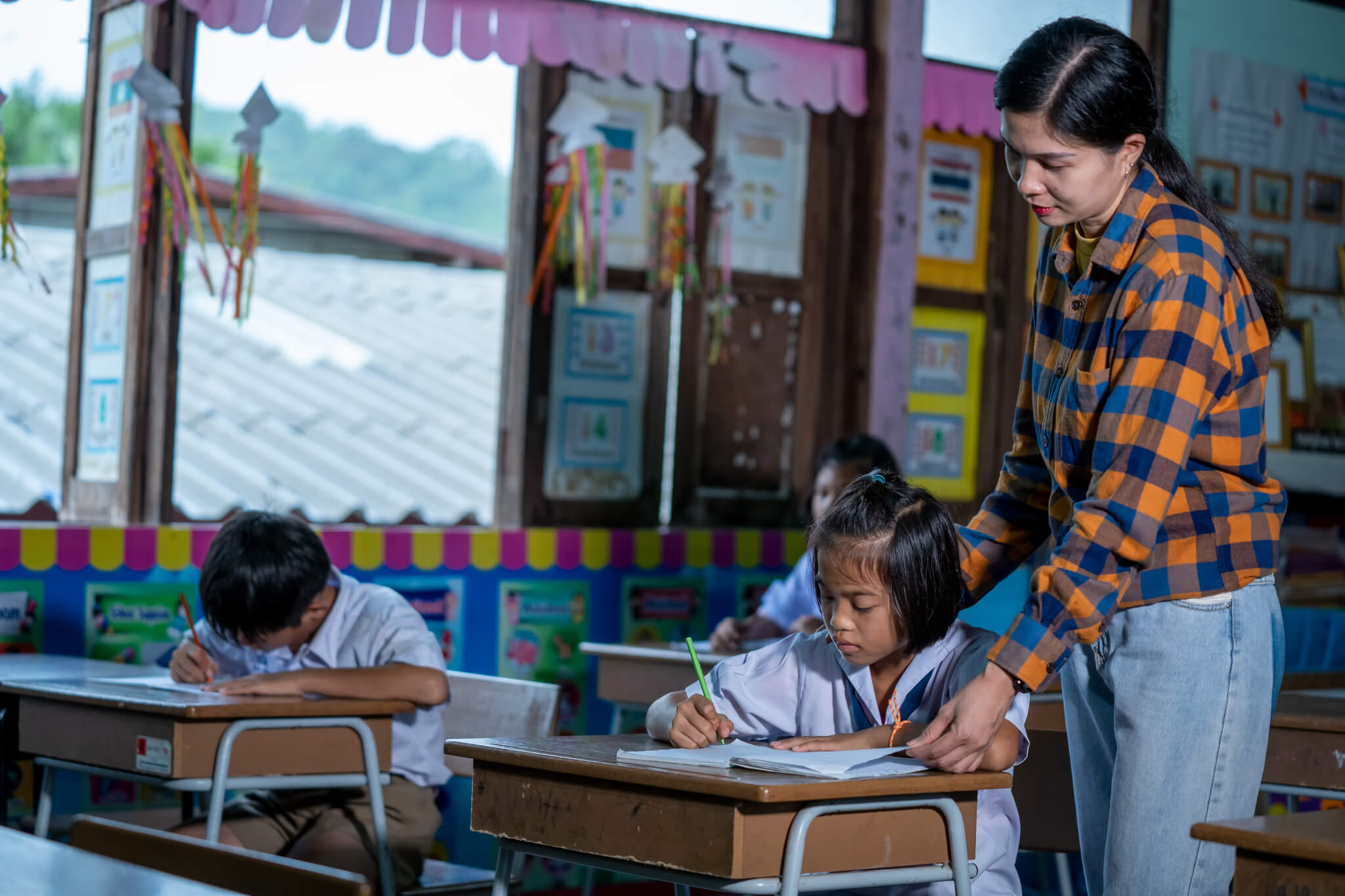


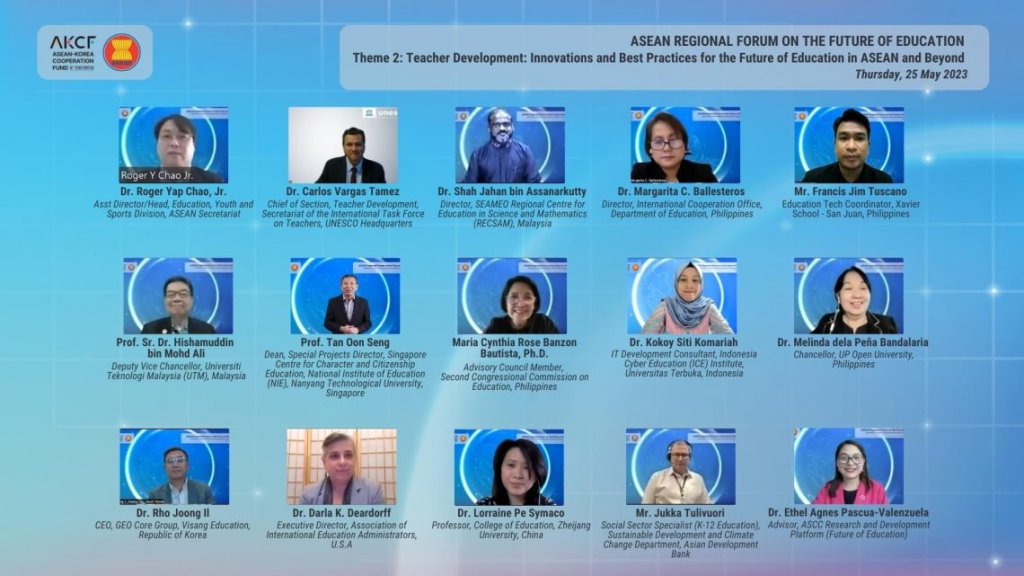 JAKARTA, 25 May 2023 – The second day of the ASEAN Regional Forum on the Future of Education assessed the impact of technological advancements on education landscape and explored innovative approaches to further teacher development in the region.
JAKARTA, 25 May 2023 – The second day of the ASEAN Regional Forum on the Future of Education assessed the impact of technological advancements on education landscape and explored innovative approaches to further teacher development in the region.
Themed Teacher Development: Innovations and Best Practices for the Future of Education in ASEAN and Beyond, regional experts and organisations working toward teacher capacity building and training attended the three-day forum on 24-26 May.
In his keynote address, Dr Carlos Vargas Tamez from the Secretariat of the International Task Force on Teachers in UNESCO emphasised that knowledge-sharing through collaborative networks allows professional development among teachers which benefits them and their schools. He also highlighted that recasting teaching as a collaborative profession and teachers as reflexive practitioners will transition individual vertical journeys toward lifelong learning.
Experts from Malaysia, Philippines, and Singapore underscored the importance of learner-centered teaching strategies that include immersive and flexible learning space with a mix of face-to-face, virtual, and experiential coursework. They further emphasised that incorporating cultural values of respect for teachers and fostering teacher resourcefulness and creativity are essential as these can address teaching challenges.
Additionally, internationalisation in teacher education and training through teacher mobility and exchange programs can further enhance teacher competencies, as shared by speakers from the Association of International Education Administrators, Zheijang University, and the Asian Development Bank. The prospect of intra-ASEAN teacher mobility was also discussed as a possible strategy in equipping teachers with additional knowledge and multicultural understanding.
In the area of technological advancement, speakers from Indonesia, Philippines, and the Republic of Korea (ROK) highlighted that the rapid development of online learning and the emergence of artificial intelligence and virtual and augmented reality in education were propelled by the pandemic and the fast changing technological landscape in the region. Training teachers and students in using the new technologies, rethinking institutional policies, and examining ethical and legal considerations in using them can help overcome hurdles brought about by these changes.
In her closing remarks, Dr Ethel Agnes Valenzuela, Advisor on the Future of Education, highlighted current worldwide educational aspirations vis-à-vis regional realities, and put forward recommendations that highlighted investment in education, strengthening of digital and cultural competencies, and continuous professional development of teachers.
The Regional Forum on the Future of Education is a part of the ASEAN Socio-Cultural Community Research and Development Programme supported by the ASEAN-ROK Cooperation Fund.
